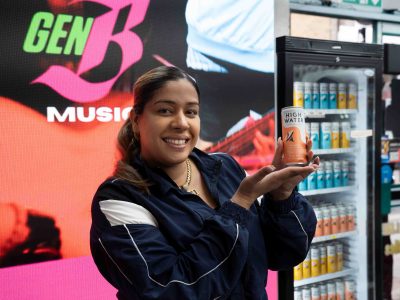The Nigerian singer Tiwa Savage who was born Tiwatope Savage went into music much later after obtaining her business and accounts degree from the University of Kent and then working at The Royal Bank of Scotland.
She describes her upbringing as quite strict as the only girl growing up with three brothers, which is why she ventured herself into the music industry quite late.
“But it felt good to be protected. And my parents were very strict about us getting good grades in school. My dad and my mom did listen to music, but I didn’t grow up in like a musical home where my parents were into music or singers. It was more like ‘you’re going to grow up to either be a doctor or a lawyer, not a musician,” she explained FORBES AFRICA from Norway on her European Tour.

Tiwa Savage
Even though her family relocated to London when she was 11 years old, it was still a common theme for many young women on the African continent where it was expected that you either enter a traditional career or a ‘traditional’ home where you would become a housewife.
To meet the expectations of her parents she had to complete her first degree in business and accounts then went to Berklee College of Music to study jazz.
“So I got a second degree in music”.
But while attending secondary school in the UK, she was a trombone player for her school’s orchestra band.
Now with an average of 1.2 Million monthly Spotify listeners and YouTube Total Average Views estimated at 382 Million, the 42-year-old mother of one child feels like carrying a lot of that burden as a female, a leader, and a female Afrobeats artist.

Tiwa Savage
“Coming into the game, there weren’t that many females doing it, and there still aren’t. But there’s more now than when I started.”
However, Tiwa Savage doesn’t regret attending her first degree in Business and Accounts. The business degree has come in handy too for her as an artist.
“It’s called the music business,” laughs Savage. A lot of artists, in her opinion, would find it difficult to succeed in this industry not because of their lack of talent but due to a lack of knowledge when it comes to the business aspect of things.

Tiwa Savage Poster for her upcoming concert in Washington, USA
In 2018 she won Best African Act at the MTV Europe Music Awards, becoming the first woman to win the category.
FORBES AFRICA’s writer Chanel Relief opines that it marked a milestone for her but also a responsibility to do more for both young Africans and African women trying to enter the industry.

















